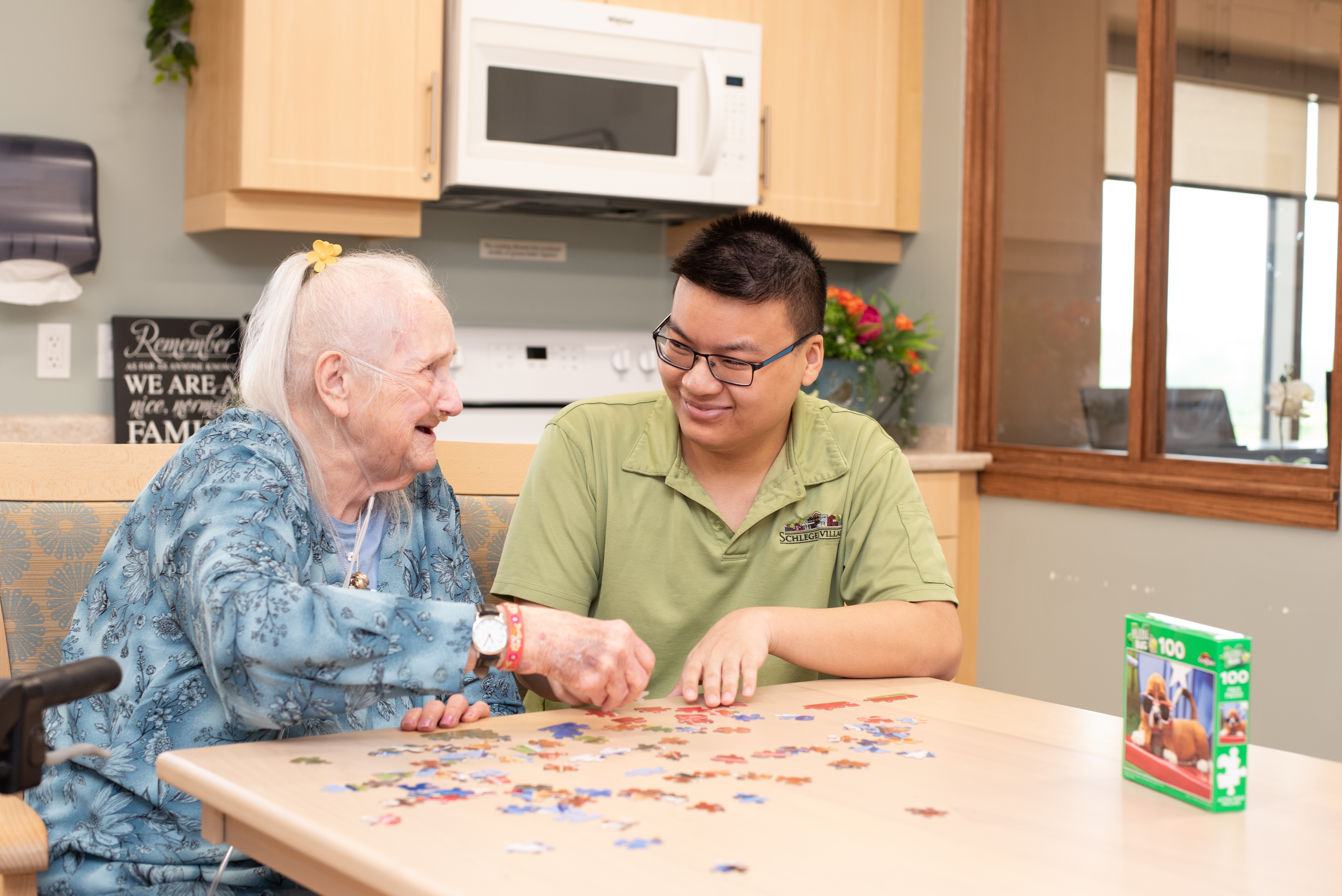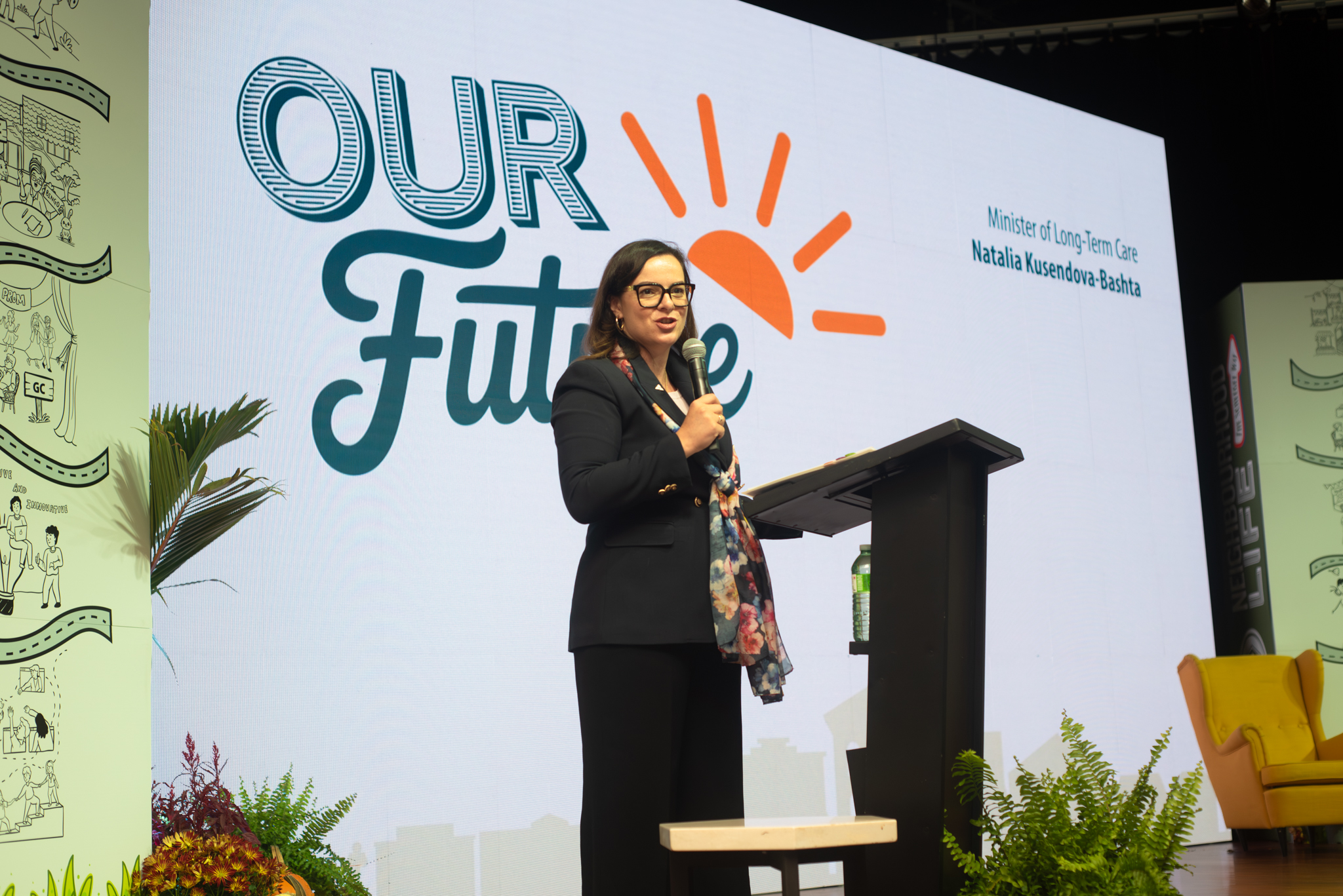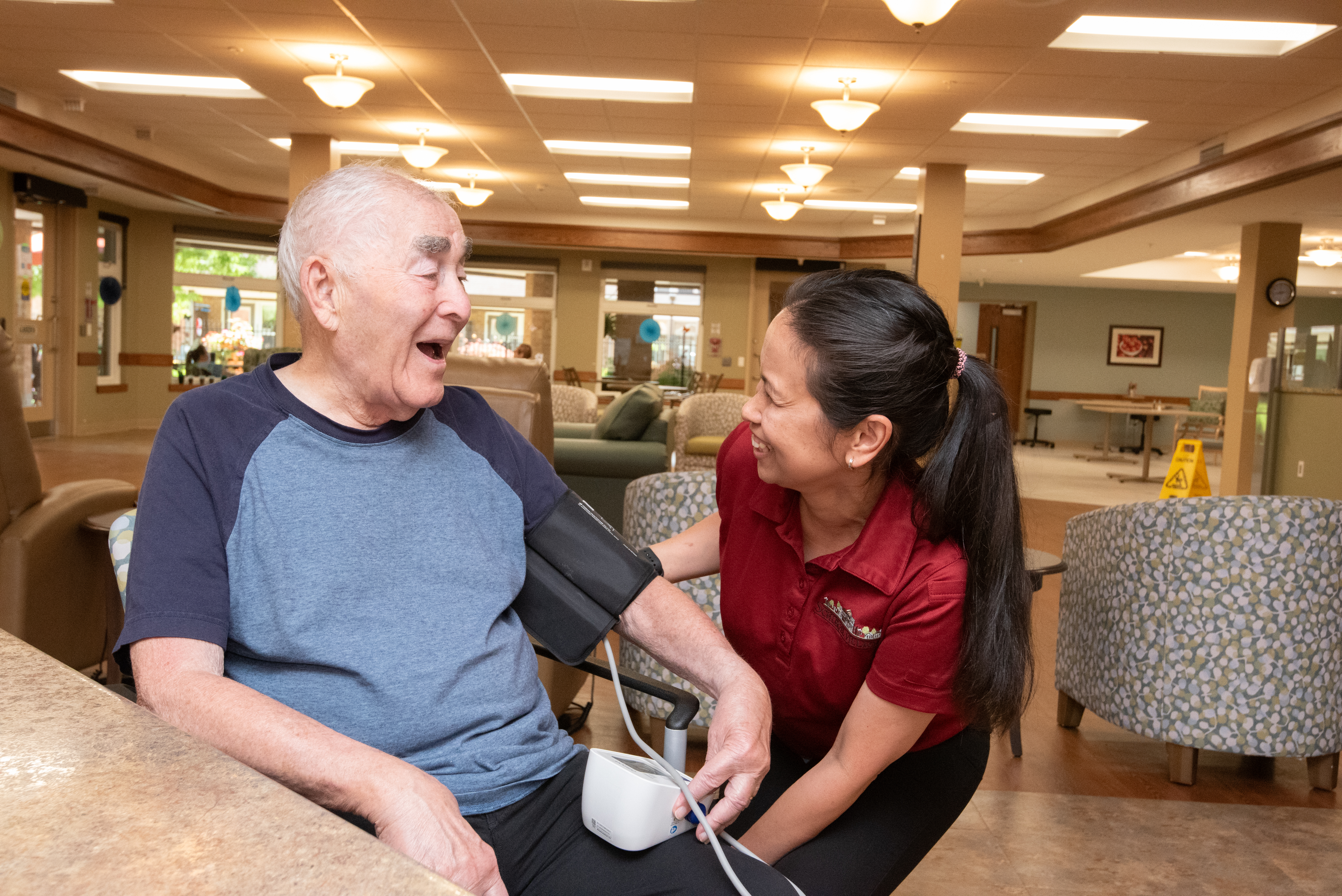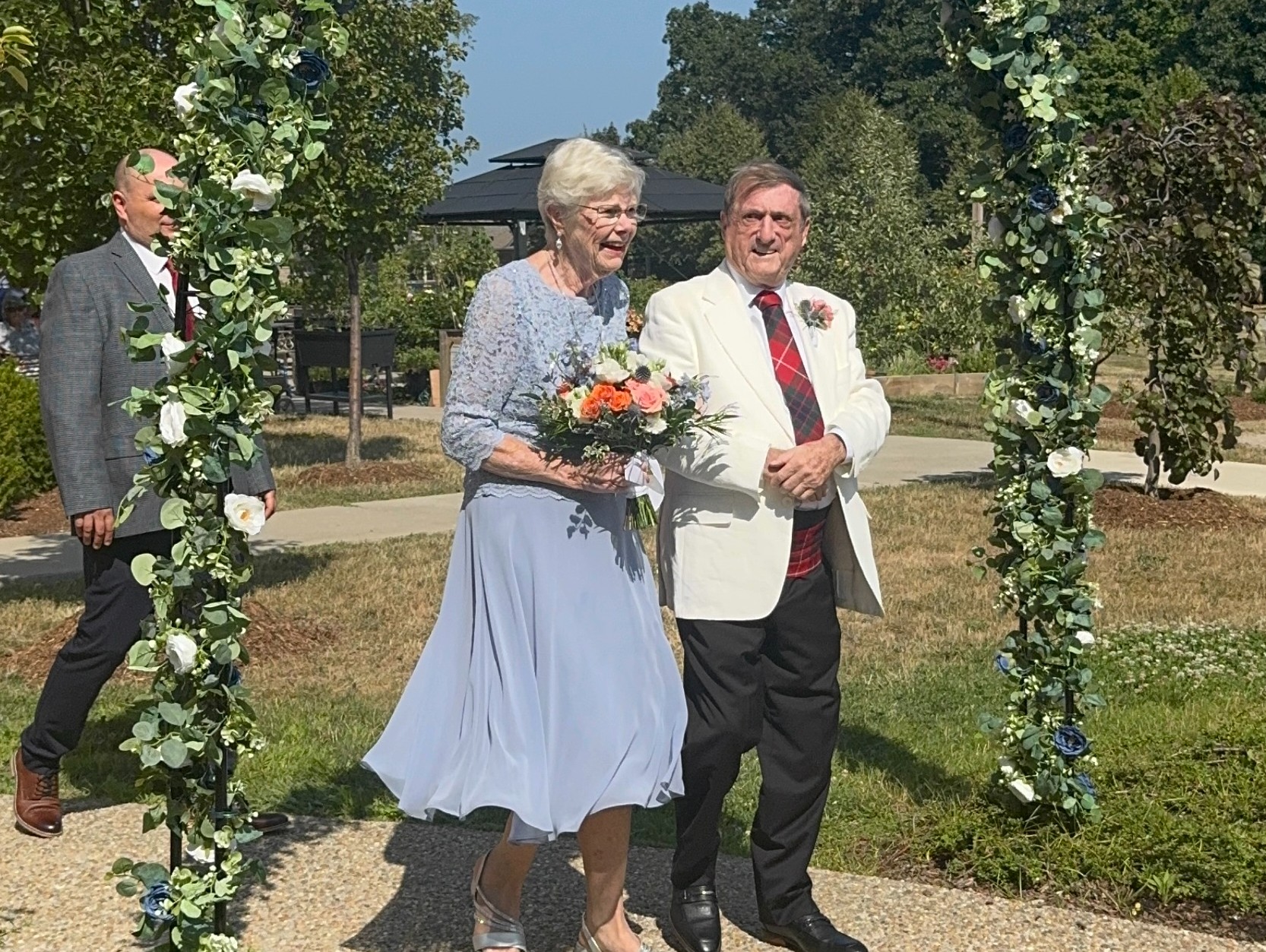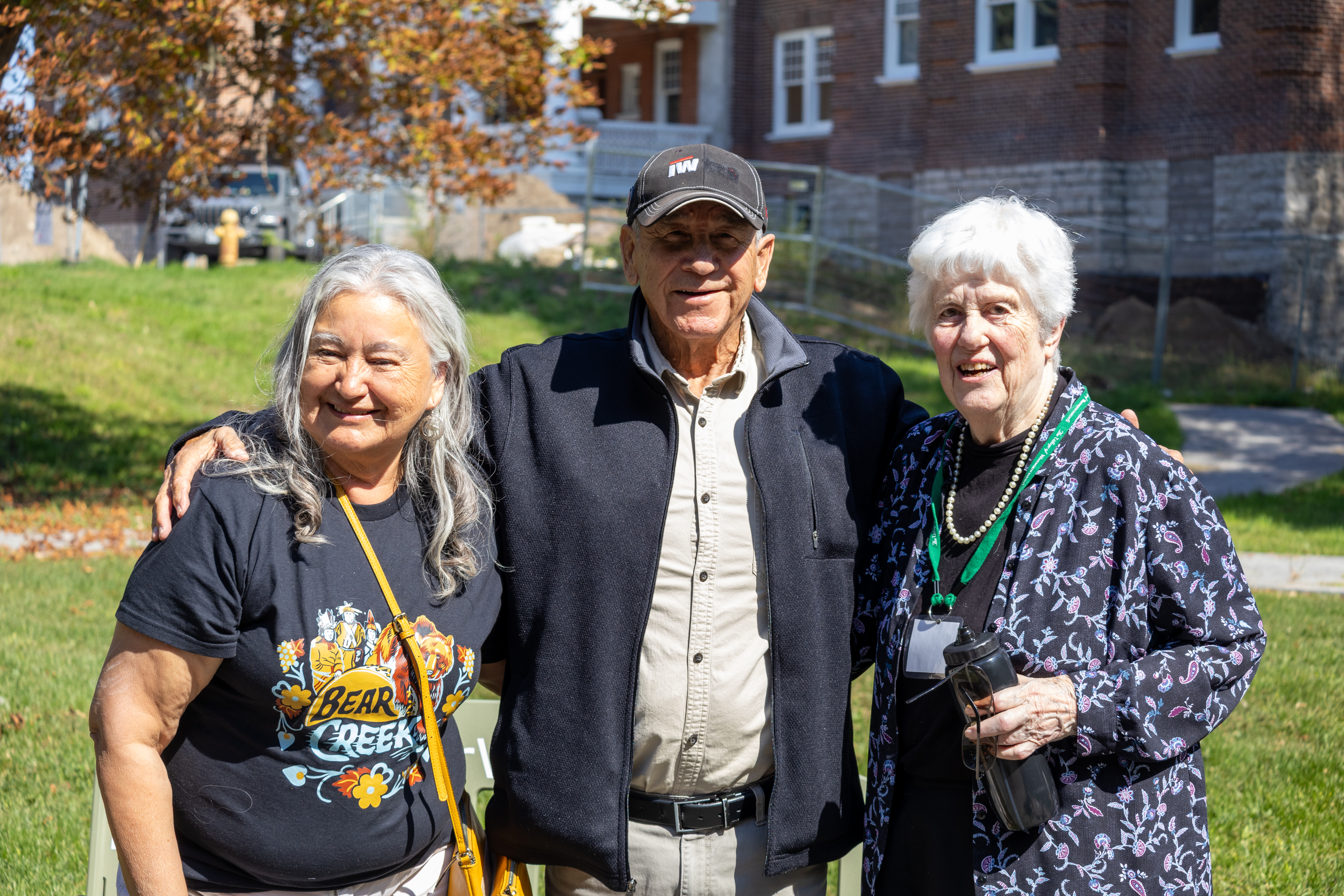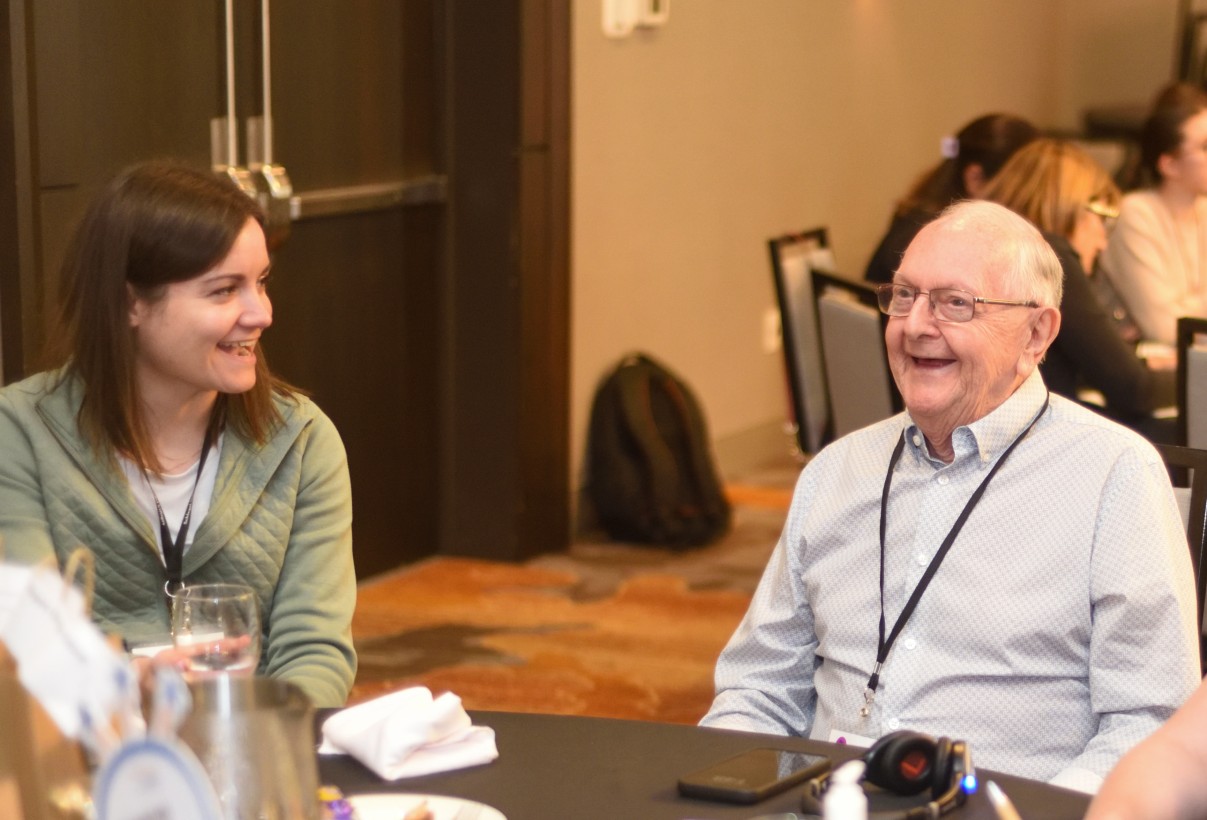The concept is simple: if someone who cares for a person living with dementia does so from a lens of well-being and we know what each individual requires to have their needs and desires met, distress can be alleviated and life quality enhanced.
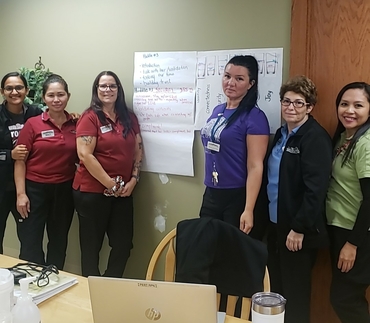 The team at The Village of Aspen Lake has been putting this concept to action and is deeply focused on “The Well-Being Approach to Distress” with the guidance and support of Dr. Allen Power, a geriatrician, author and RIA Research Chair specializing in dementia.
The team at The Village of Aspen Lake has been putting this concept to action and is deeply focused on “The Well-Being Approach to Distress” with the guidance and support of Dr. Allen Power, a geriatrician, author and RIA Research Chair specializing in dementia.
We recently shared a story related to the first stages of the team’s approach beginning in mid-2023 when they began to focus on residents’ needs with the seven domains of well-being in mind: Identity, Growth, Autonomy, Connectedness, Meaning, Joy, and Security. They imagined each domain as a cup, and found that if they made an effort to be certain that each cup was full for each resident, then residents’ level of comfort increased and the likelihood of distress was reduced.
In early 2024, Dr. Power returned to Aspen Lake to expand the education opportunity to more team members and spread the concept wider. As an organization, Schlegel Villages prides itself on a commitment to the spirit of creative innovation and research, and the Aspen Lake progress is being captured through a study at The Schlegel-UW Research Institute for Aging (RIA). The team doesn’t need data to know that this approach can make a huge difference in the lives of residents, however, for they see the impact every day.
“Just the vibe on the Tecumseh neighbourhood right now is so much better,” says Jaime Gaiarin, a PSW who also support the Personal Expressions Resource Team (PERT). Tecumseh is where the approach first rolled out where most residents are living with dementia. “When you walk onto the neighbourhood, it’s just so much lighter; it’s a happier place to be and the team is more open-minded to try new things and the residents seem more at ease.
“It’s profound,” Jaime says of the changes they’ve seen in the months since they began the well-being approach to care.
The word is spreading throughout the Village. They were expecting 15 people in the first education session Dr. Power ran in January, and double that number arrived. “People are always asking how can I learn more, I want to do more,’ ” Jaime says.
Jaime and her fellow team members, Nada, Bibi and Joy are all champions of the well-being approach as part of the PERT team. They all agree that the positive effects in resident life quality translate into more comfortable days in the neighbourhood for team members as well as the residents. When residents are experiencing distress, these feelings can spread, but so can a sense of well-being, and that is what the team has been experiencing.
Perhaps the most encouraging fact is that team members are now taking it upon themselves to dig into individual residents’ domains of well-being if signs of distress emerge. They go directly to the ME form, which offers a snapshot of a resident’s history, and together they come up with creative solutions to see which domain might be lacking.
Bibi, who works in recreation, points out that all team members, from PSWs to recreation and housekeeping are taking ownership of the approach, which adds to the positive impact. Shifting approaches to care is an ongoing process, but the PERT team members say momentum is picking up speed and they look forward to spreading the awareness.

